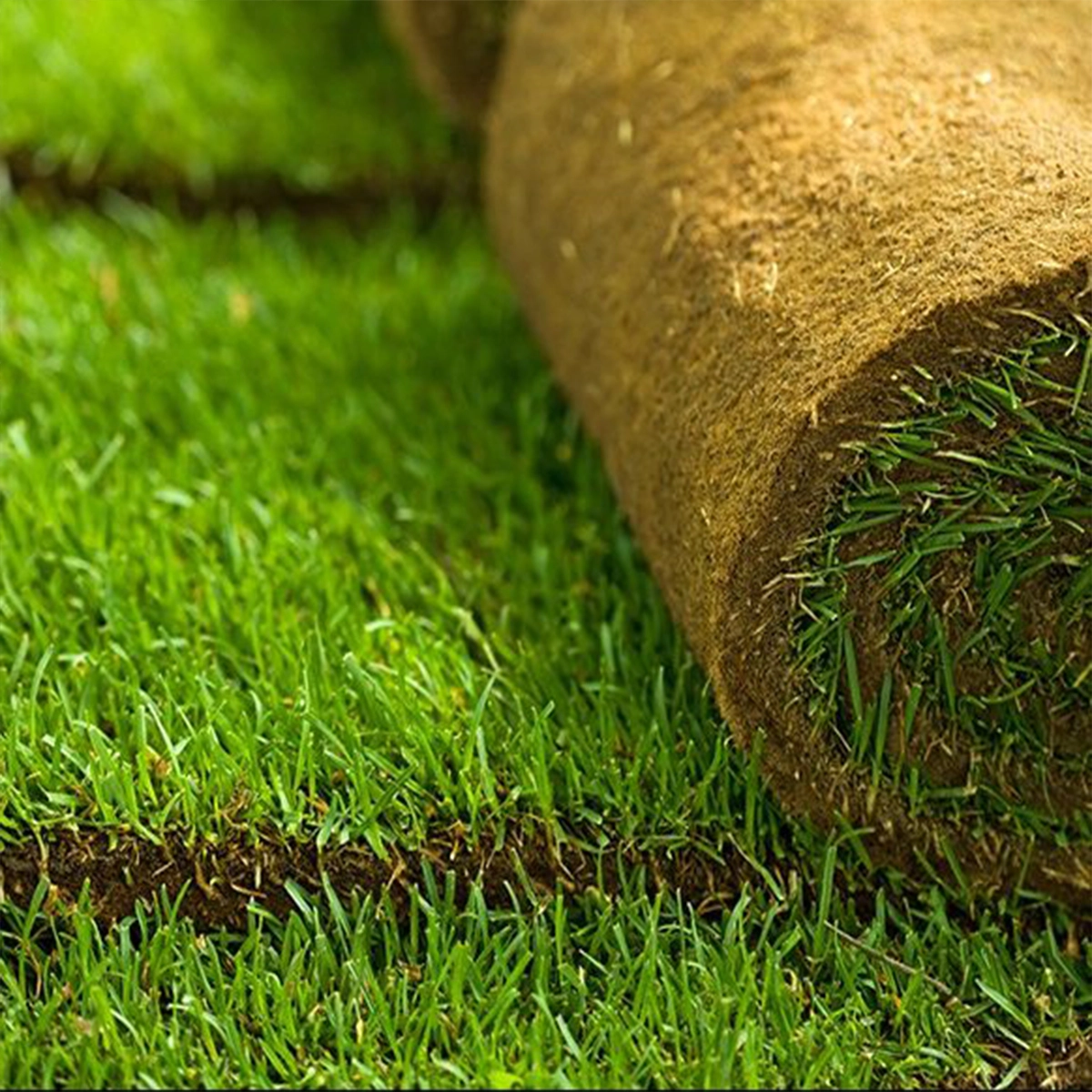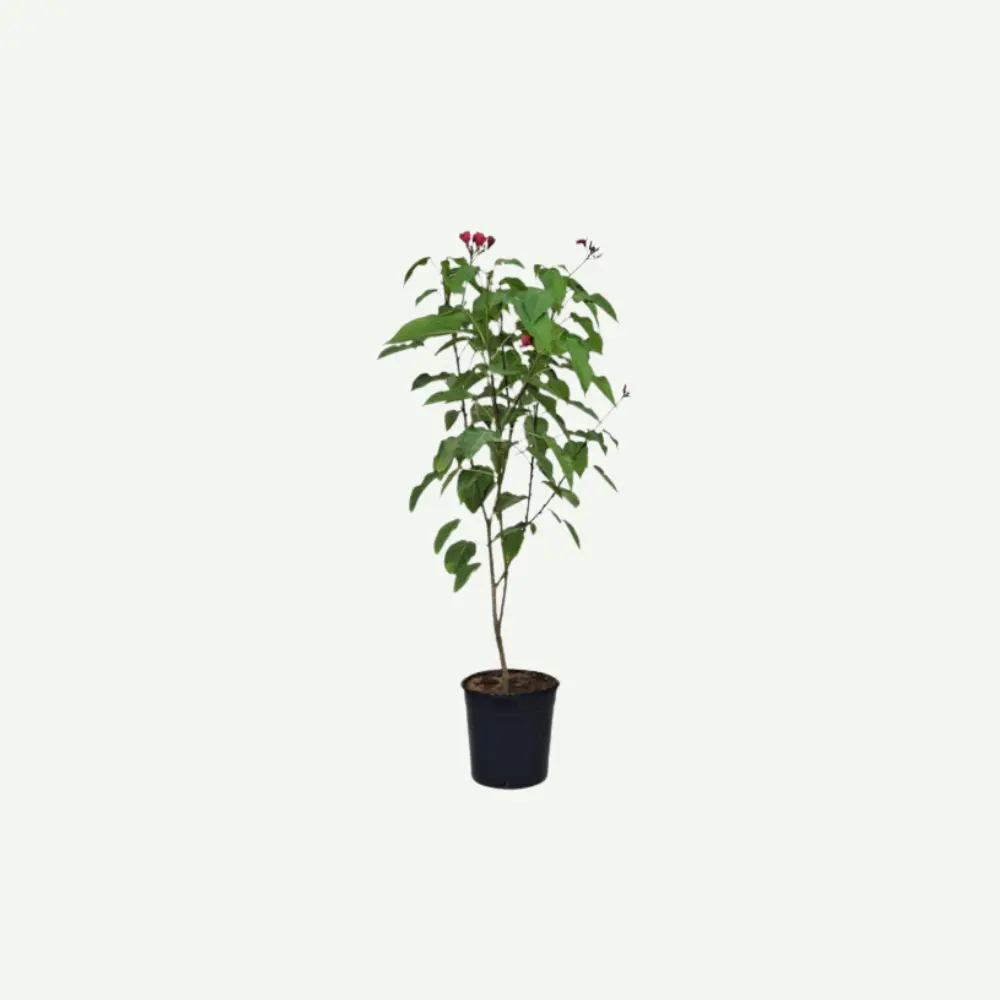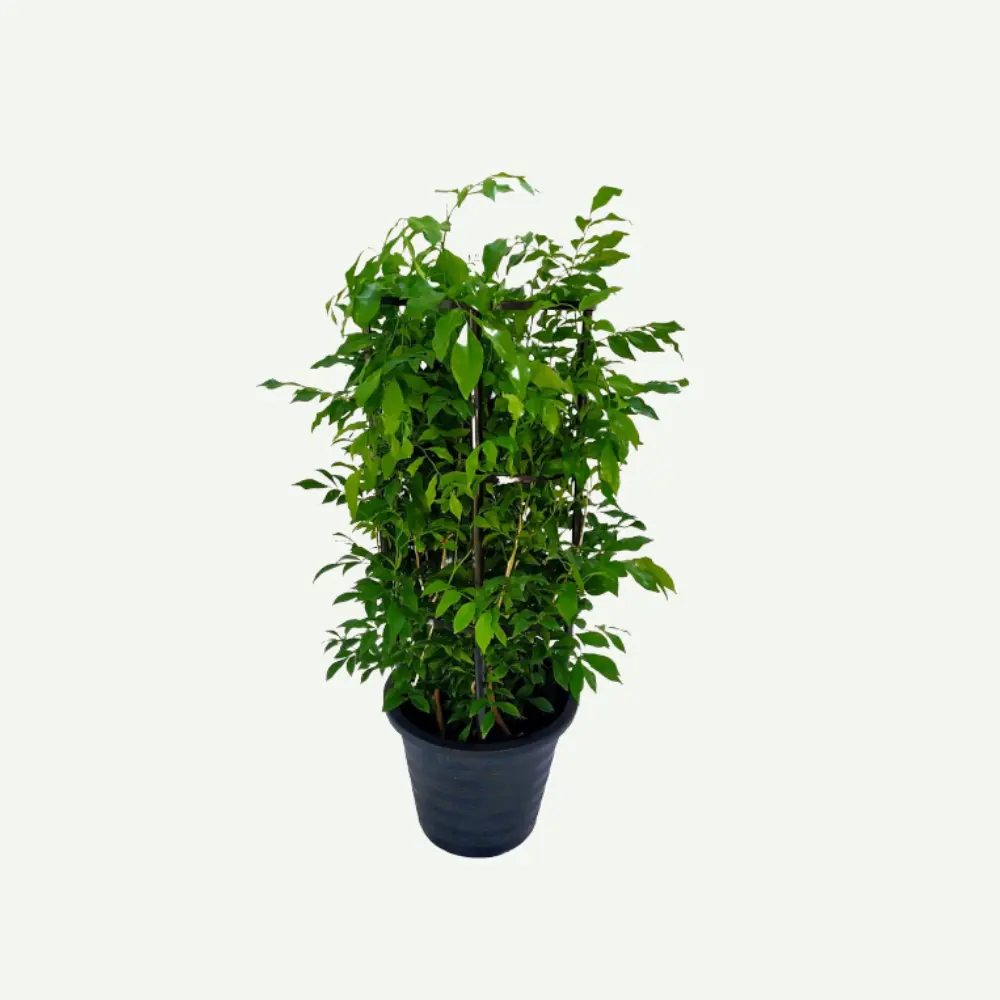Bermuda grass, scientifically known as Cynodon dactylon, is a warm-season, perennial grass species that is widely used as a turfgrass in many regions around the world. It is native to Africa but has been introduced and naturalized in various parts of the Americas, Asia, and Australia. Bermuda grass is highly valued for its vigorous growth, excellent wear tolerance, and ability to withstand heat and drought, making it a popular choice for lawns, sports fields, golf courses, and other landscapes in warm and tropical climates.
Landscape Use:
Bermuda grass is one of the most popular choices for lawns, particularly in warm and sunny regions.
It is also widely used for sports fields, golf courses, parks, and commercial landscapes due to its ability to withstand heavy foot traffic and recover quickly from wear.
Bermuda grass can be overseeded with cool-season grasses in colder climates to provide year-round green turf.
Special Considerations:
Bermuda grass has a rapid growth rate and can be invasive in certain environments. Regular mowing and maintenance are necessary to keep it in check and prevent it from spreading into unwanted areas.
In some regions, Bermuda grass may become invasive and compete with native plant species if not properly managed.
Overall, Bermuda grass is a versatile and hardy turfgrass that is well-suited for warm and tropical climates. Its resilience, drought tolerance, and ability to recover quickly from wear make it a popular choice for various landscaping applications, providing attractive and functional turf in a wide range of outdoor spaces.
Here’s an overview of Bermuda grass:
Plant Characteristics:
Growth Habit: Bermuda grass has a fine to medium texture with a creeping or stoloniferous growth habit. It forms dense, low-growing turf, and its aggressive growth can allow it to spread rapidly and fill in bare spots.
Leaves: The leaves of Bermuda grass are narrow, flat, and have a vibrant green color. They are arranged alternately along the stems and have a pointed tip.
Flowers and Seedheads: Bermuda grass produces inconspicuous flowers and seedheads in the form of small, finger-like spikes that rise above the turf.
Cultural Requirements:
Light: Bermuda grass thrives in full sunlight and requires at least 6 to 8 hours of direct sunlight per day. It may struggle in shady conditions and tends to become sparse and less vigorous in areas with limited sunlight.
Temperature: Being a warm-season grass, Bermuda grass is well-suited for hot and tropical climates. It goes dormant and turns brown during winter in colder regions but regains its green color when temperatures warm up.
Watering: Bermuda grass has moderate water needs and is relatively drought-tolerant once established. However, it will need regular watering during dry spells or periods of heat stress to maintain its vibrant green color and active growth.
Soil: Bermuda grass grows well in various soil types, including sandy, loamy, and clay soils, as long as the soil is well-draining. It prefers slightly acidic to neutral pH levels.
Fertilization: Regular fertilization with a balanced lawn fertilizer is essential to promote healthy growth and lush turf. Fertilizer applications should be adjusted based on the specific needs of the lawn and the local climate.






Reviews
There are no reviews yet.